Cancer Survivor Q&A | What’s The First Thing To Do After A Cancer Diagnosis?

SURVIVEiT®’s Survivor Advisory Council & Committee is made up of cancer survivors who have travelled the path and understand the journey in a way others cannot. Their wisdom is what makes SURVIVEiT® unique.
Question
Knowing what you know today, what are the first things you would do after being diagnosed with cancer for the first time and why?
Each member of the Survivor Advisory Council & Committee provided advice based on their unique experience.
Answers
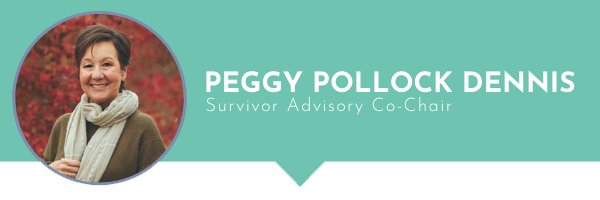
- I would do my best not to panic. Fear stops us from recognizing that there are many options when it comes to cancer treatment. Allowing time to digest test findings makes it easier to disseminate information to family and friends. Don’t allow anyone to pressure you into a treatment because of fear. Take the time to become informed.I would seek a second opinion with a specialist in my specific type of cancer.
- Not every oncologist is a specialist in your type of cancer. Getting a second opinion does not mean that you don’t trust your doctor. You are your own best advocate so seek the best and most up to date options from the specialists in the field.
- I would ask for my cancer to be tested for genomic mutations and bio markers.Getting the results from these tests helps inform your doctors to the best possible treatments for your specific cancer. Having these results can also alert you and your oncologist to newly approved drugs and clinical trials.
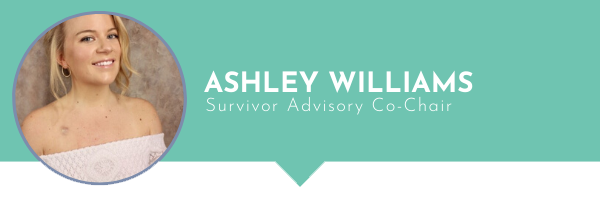
- Seek support. Cancer and cancer treatment can be an extremely isolating experience. During treatment, I kept much of my emotional pain to myself in an effort to not be more of a “burden” on my family and friends. However, what I really needed was a healthy outlet for those emotions.
- Research. Upon first being diagnosed, I was in such shock that I COULD NOT bring myself to do any research. Every time I tried the process was traumatic, because there was TOO much information about cancer, and NOT ENOUGH information about my particular diagnosis. However, had I taken the time to do more research upfront, I would have been aware of additional treatment options available to me.
- Grieve. Upon first being diagnosed, everything can happen so fast. It is easy to jump into all the things that NEED to be done: doctor’s appointments, medical tests, etc. I kept myself so busy with cancer and treatment for years, that I never allowed myself the opportunity to grieve. I feel this is such an important step in the process.
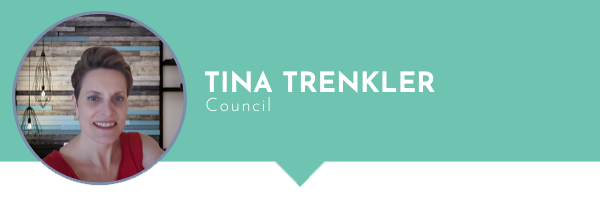
Find the best oncologist for my cancer. I started by finding the best surgeons and while I had a great team, I realize now that much more of my treatment time was spent with my oncologist.
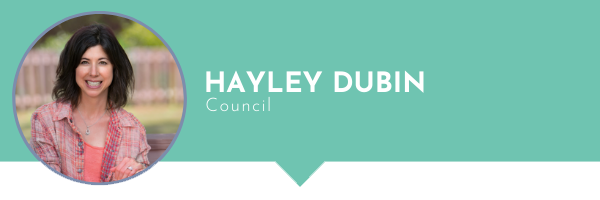
- I would research the top oncologists according to cancer type and get more than one opinion on treatment protocol.
- I would make sure that I had a team of health care providers, incorporating both western and eastern modalities, as I believe that the holistic approach to wellbeing is so important.
- I would get support from someone who has been in my shoes.
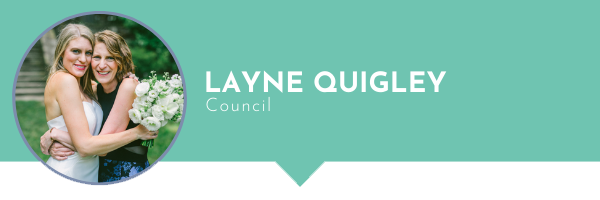
- First I would encourage you to find hope. Before you can be your own advocate and seek out the best care, you need hope that a positive outcome exists.
- Next, I would say become an expert in your specific cancer type by researching all that you can get your hands on. Becoming an expert will help have a collaborative conversation with your oncologist rather than a one-sided one.
- Lastly, I would say be prepared to attack cancer from every angle. By this I mean using both conventional and alternative therapies (approved by doctor) as well as healing both your body and mind. Cancer, especially in the metastatic setting is like a house fire. You cannot put it out with just one hose.
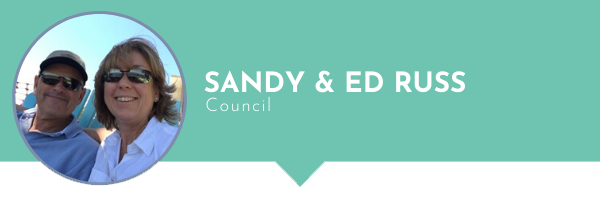
- Not be so afraid. Fear can stop you in your tracks, and for some people, they give up before their fight has started. Fear should not determine your future.
- Get a second opinion before deciding on a specific oncologist/ treatment facility. Not all treatment facilities and oncologists are the same.
- Get advanced genomic testing as soon as possible. Understanding your cancer’s mutation is paramount in understanding and choosing the treatment options that are best for you.

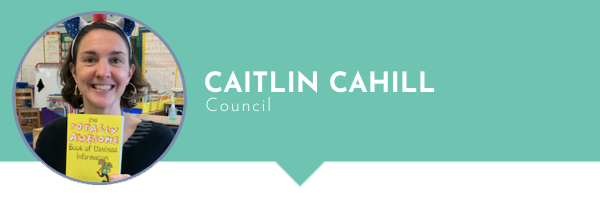
- Have a “Cancer Coming Out Party”When I was first diagnosed, I decided to have a “Cancer Coming Out Party” and I would most definitely do that again. My husband and I texted our friends, told them the news briefly, and invited them over for champagne and cookies. I dreaded the idea of having to call people individually over an extended period of time, so having a big gathering and framing it in a positive way was what made me feel most comfortable.
- Avoid too much internet researchThe internet is scary, misleading and overwhelming. If you can keep yourself from reading too much after your initial diagnosis, you may be able to save yourself from unnecessary stress.
- Get a therapist (if you don’t already have one)I believe that therapy is valuable even in the best of times, so it is essential in the difficult times. I found a therapist who had experience with cancer who really helped me sort through my feelings of frustration, anger, sadness and confusion. Your friends and family can help you sort through a lot of these feelings, but having an impartial professional listen to you is an incredible resource.
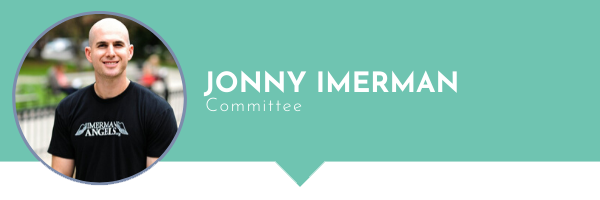
- LIVE the life you love!
- Build things to make the world a better place.
- Find the BEST people you can in the world and keep them close to you!
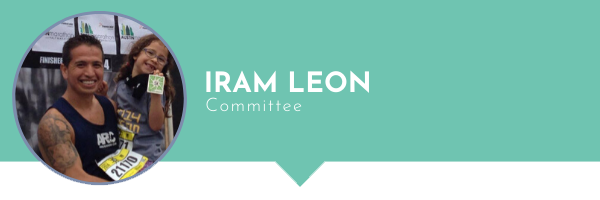
- Figure out what you’re living for and make that the reason to avoid dying since the dying part will get there anyway someday.
- Even as overwhelming as cancer can be, don’t let yourself be completely self-absorbed. Continue to care for the people who care about you because it’s overwhelming for them, too.
- Realize that even with a complicated diagnosis or treatment, the simplicity in wanting to live with the right team will make it easier.
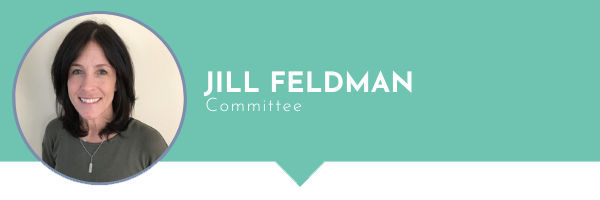
The most important thing to me was finding the right doctor to treat me; someone who treated the patient, not the disease. I always kept copious notes and all records. I also was able to communicate my feelings and needs with my husband, family and friends, but I had been on both sides of cancer and in so many ways it’s much harder to be the loved one than the patient so I made sure that I gave them time to communicate their feelings and needs. Also, when people asked what they could do for me, I told them to help my husband and kids, who take the brunt of it all.
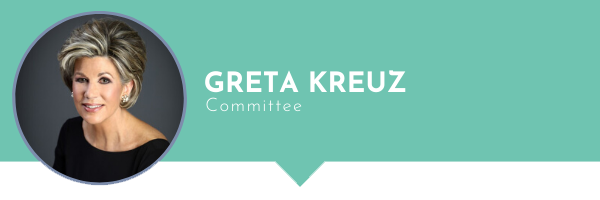
Actually, what I did: cry, pray and reach out to others. It is a normal reaction. You must absorb the shock, grieve the loss of your former life, and move on to the new. Reaching out to others to learn as much as possible about lung cancer/your situation – and also simply for moral support – is critical. Knowledge is key to decision-making, and knowing you’re not alone and carrying the burden single-handedly is paramount.
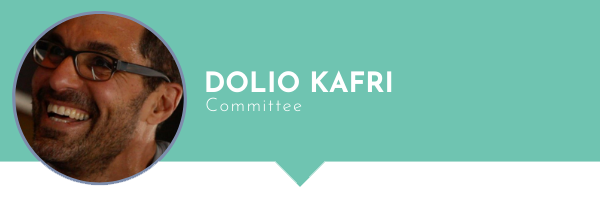
I was fortunate to have a “professional cancer quarterback” at my side since day one. My brother in law Dr. Alexander Krupnick lung cancer researcher at Washington University. This enabled me to navigate and make good decisions from very early on that had a major positive impact on my treatment, recovery, and positive state of mind. If possible, that would be what I’d recommend to anyone.
What Should You Do After A Cancer Diagnosis?
SURVIVEiT®’S Survivor and Medical Advisory Councils have created a Cancer Navigation Tool to help you navigate every step of your cancer journey.
